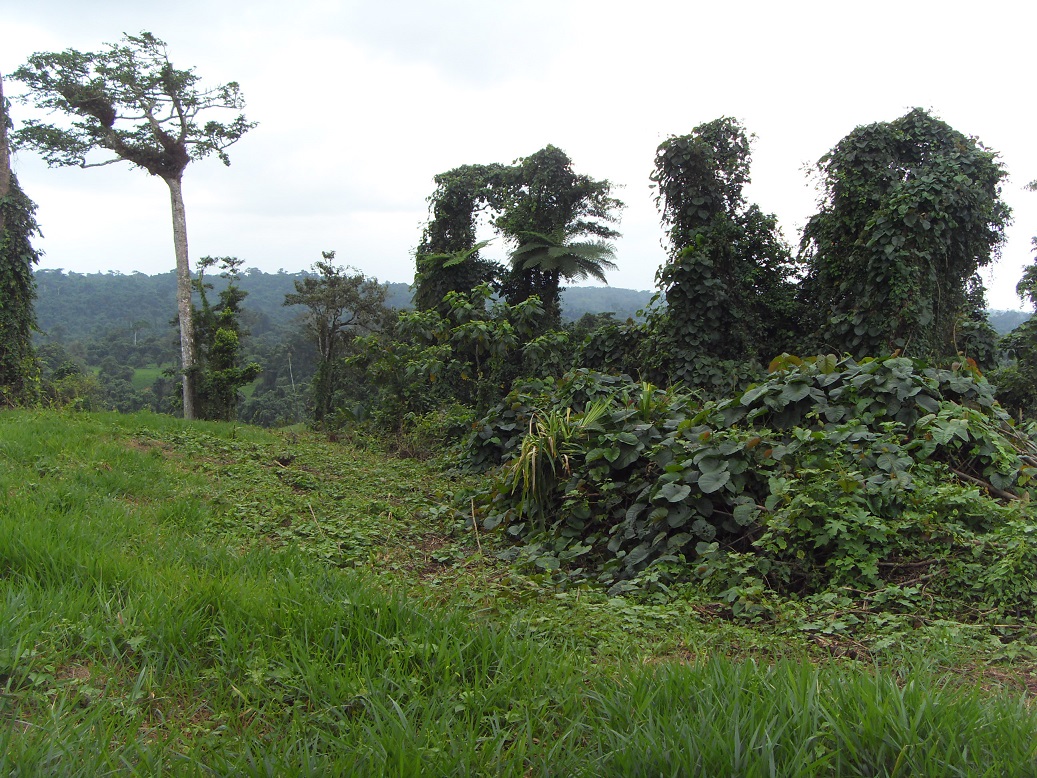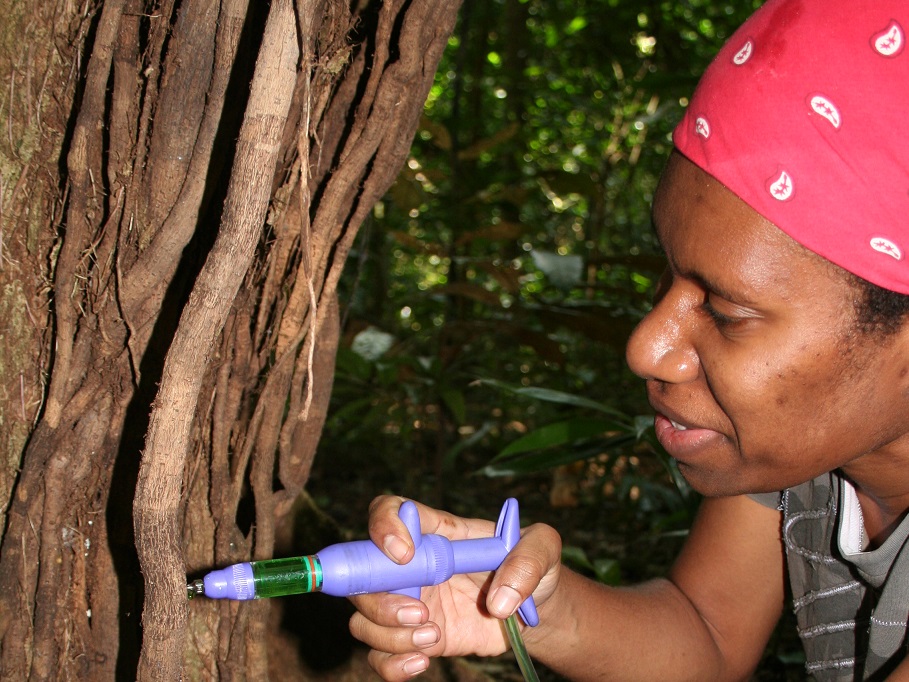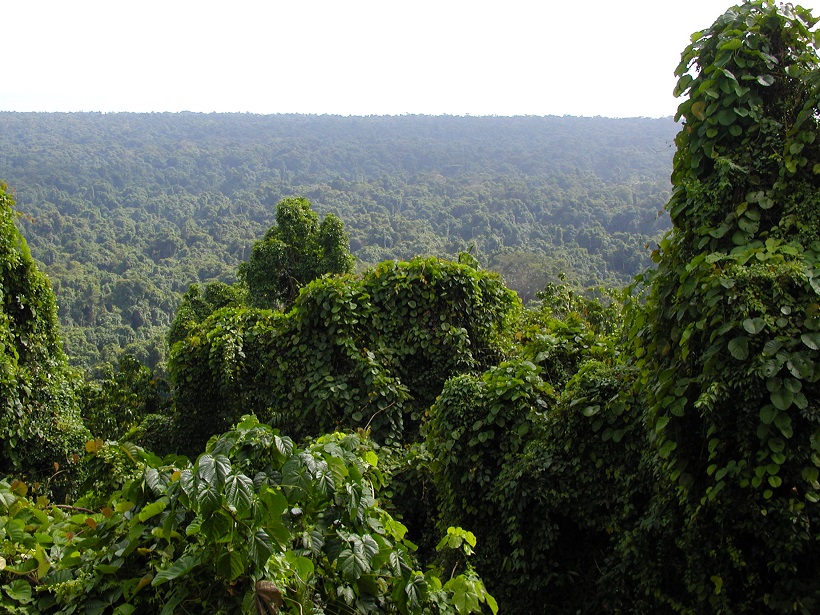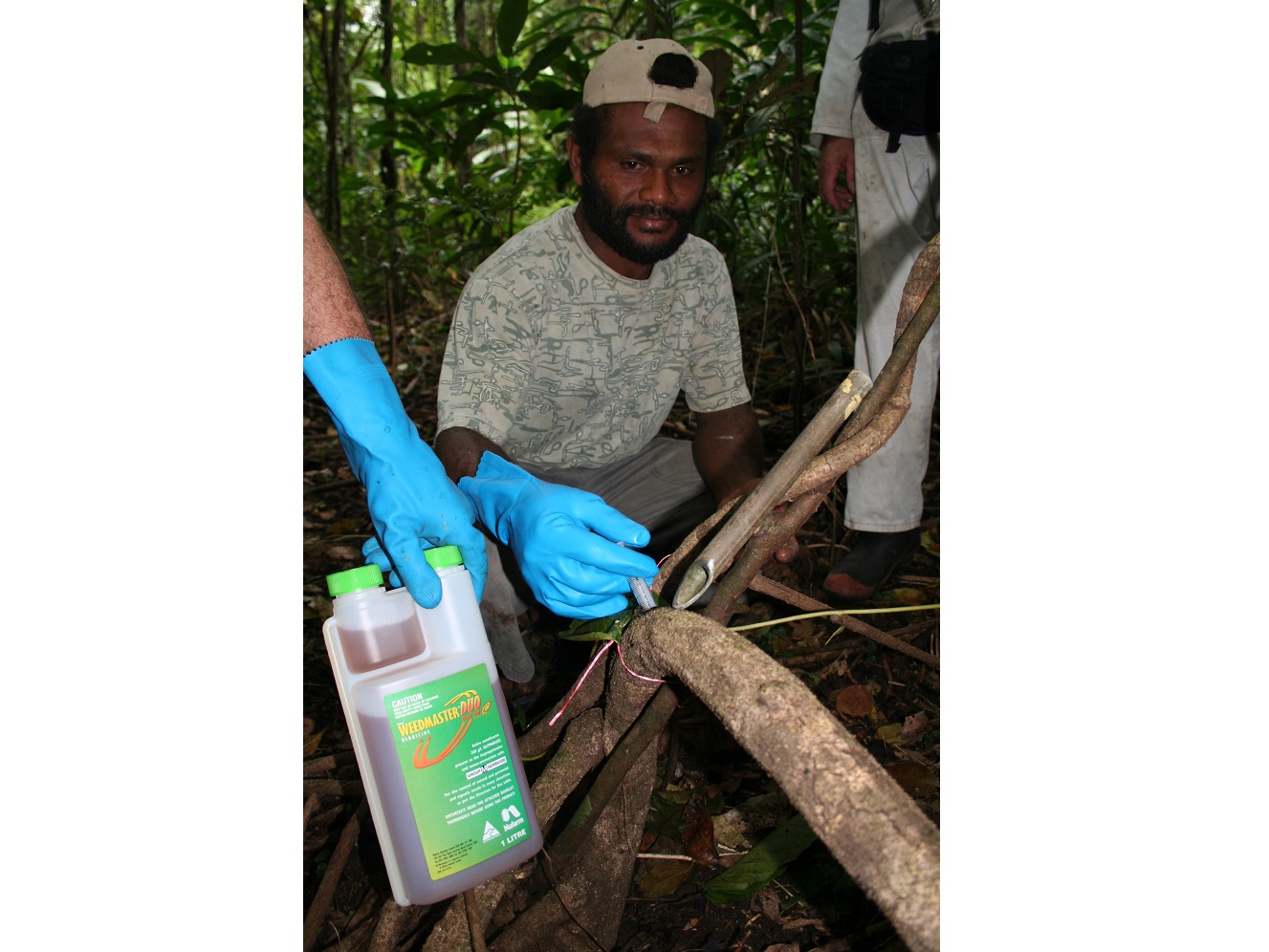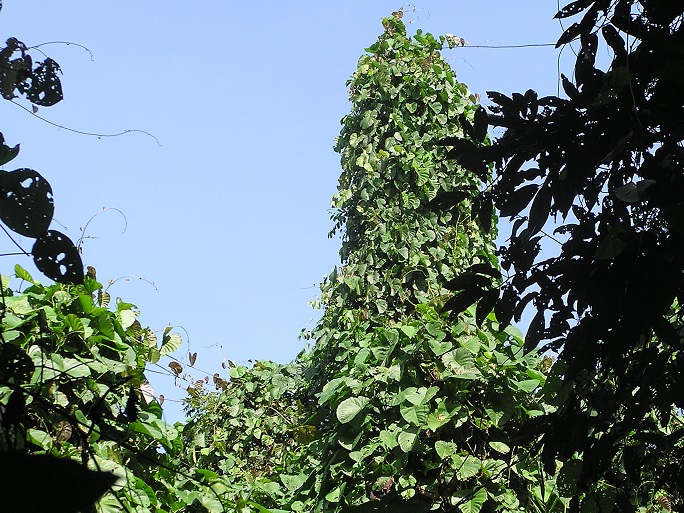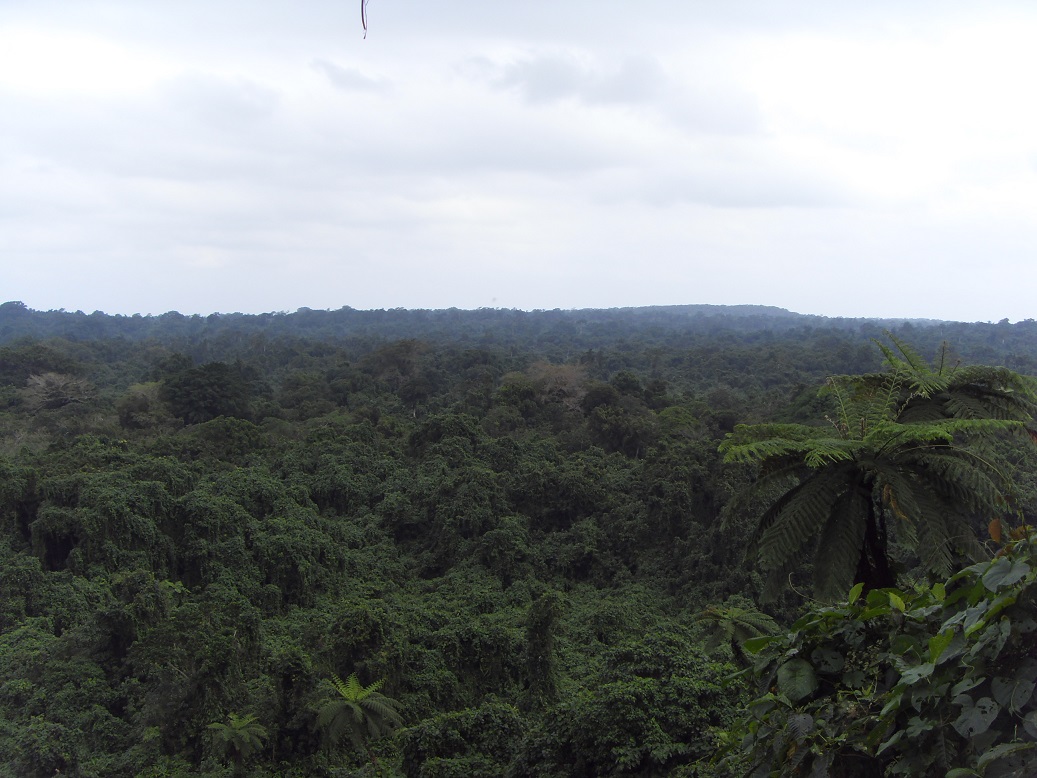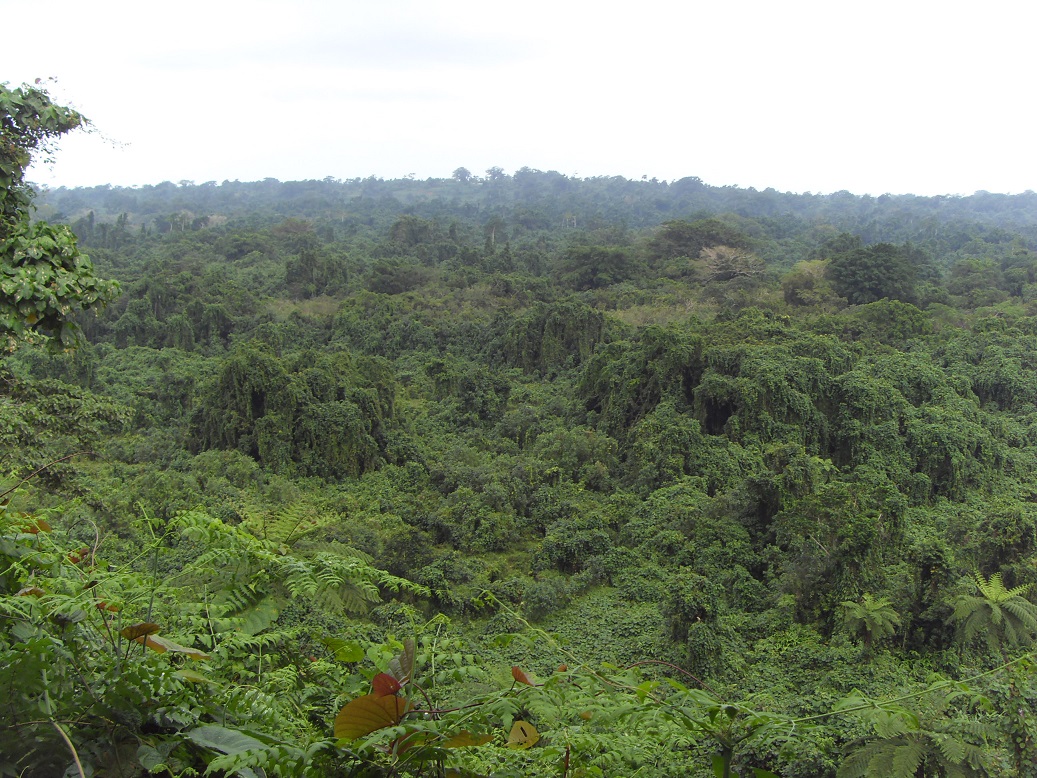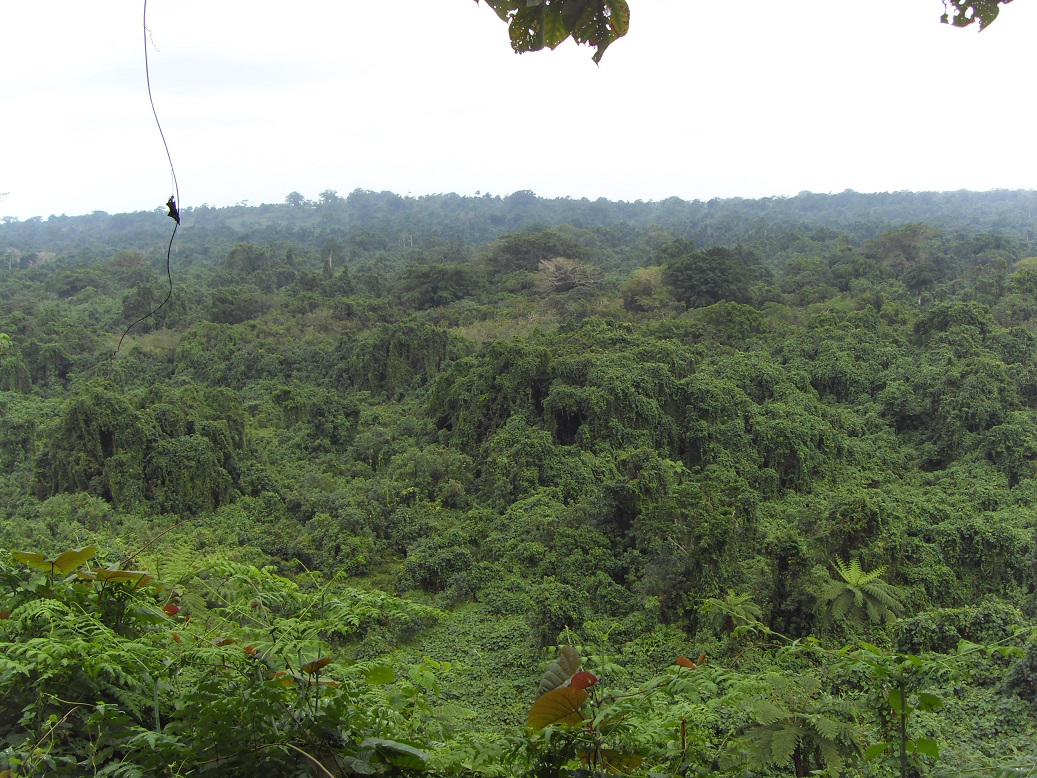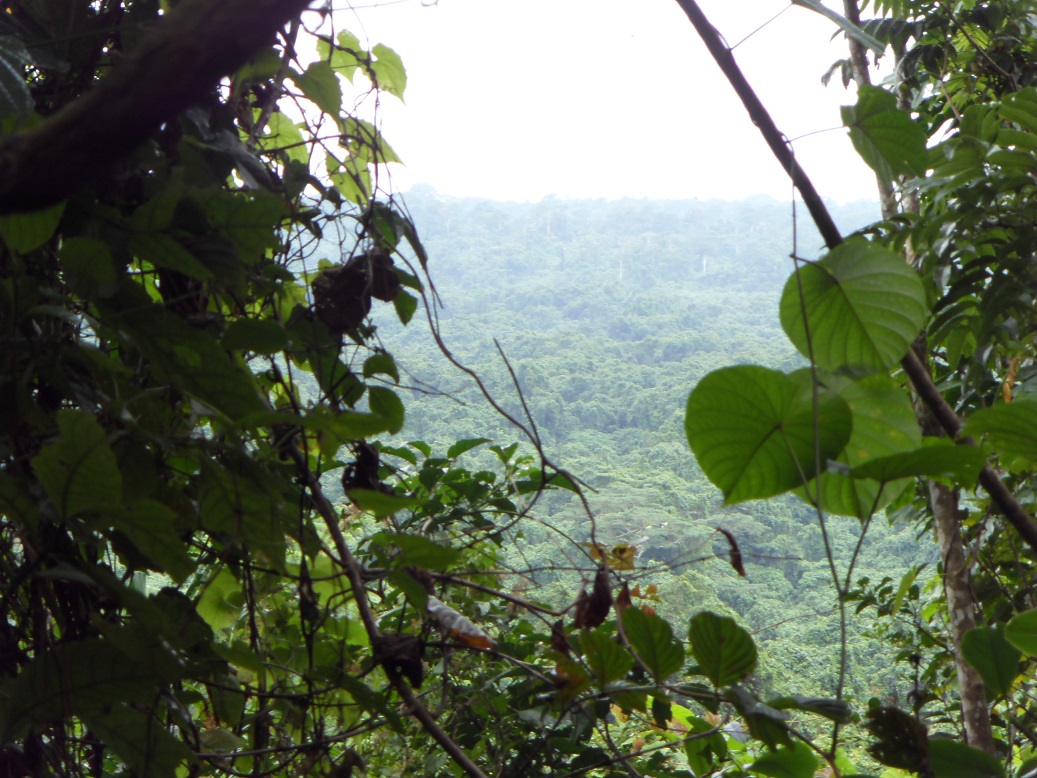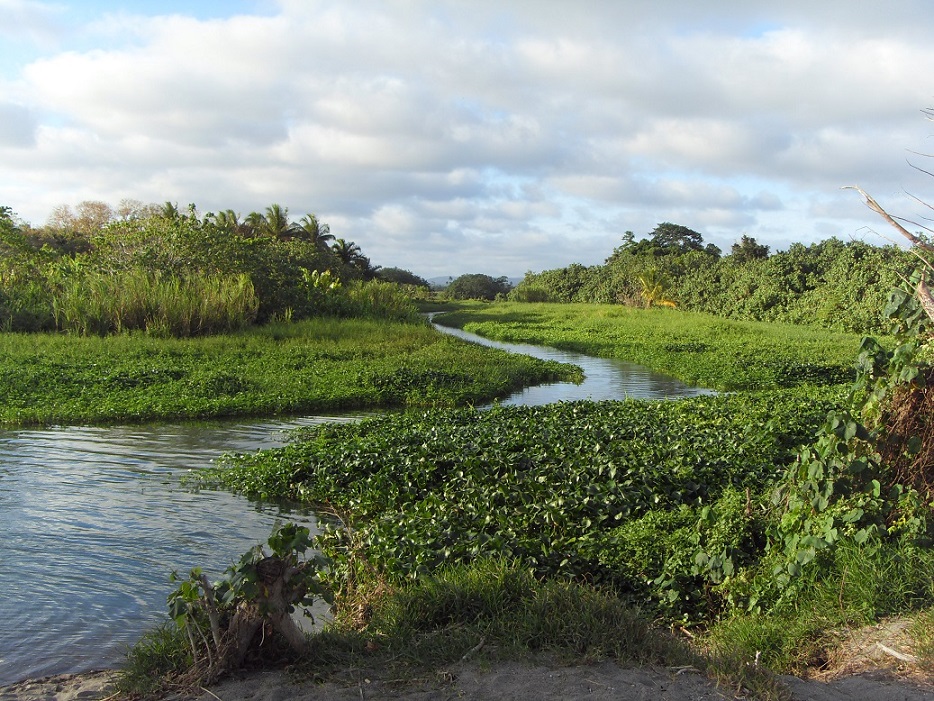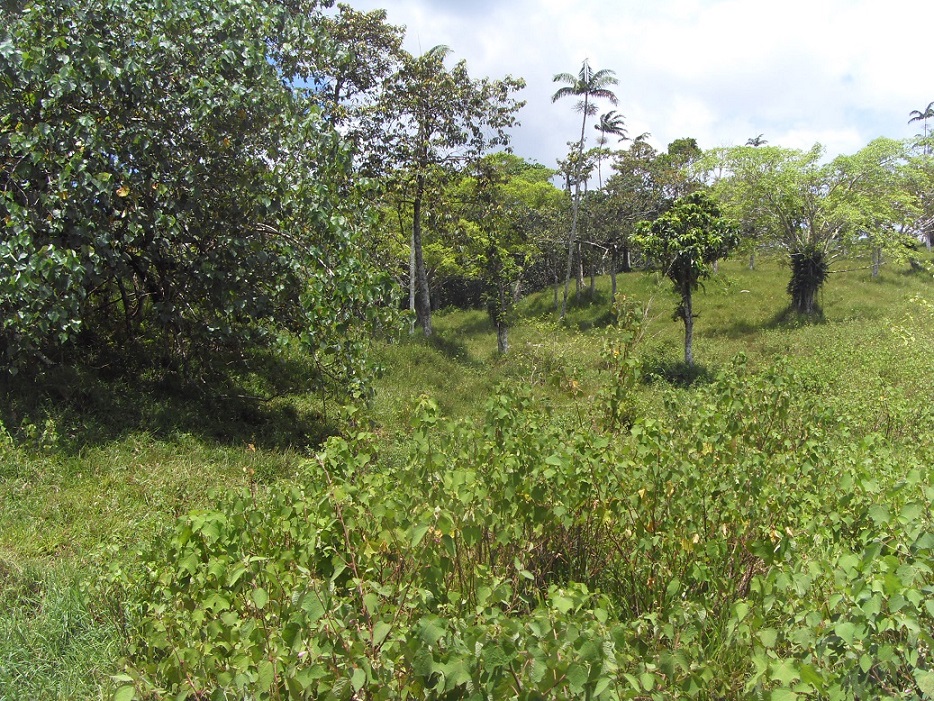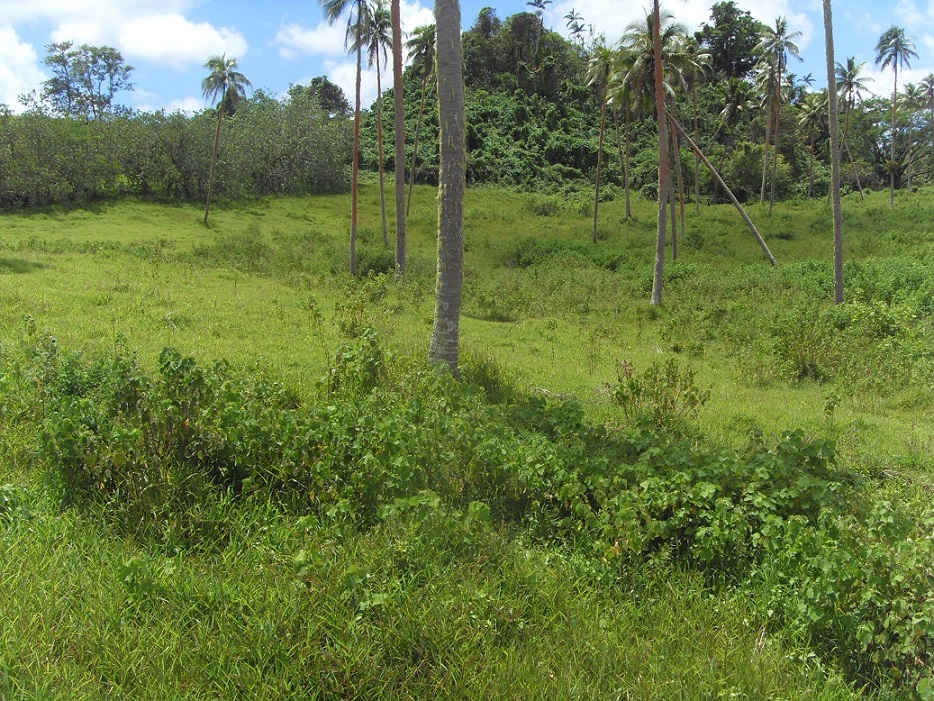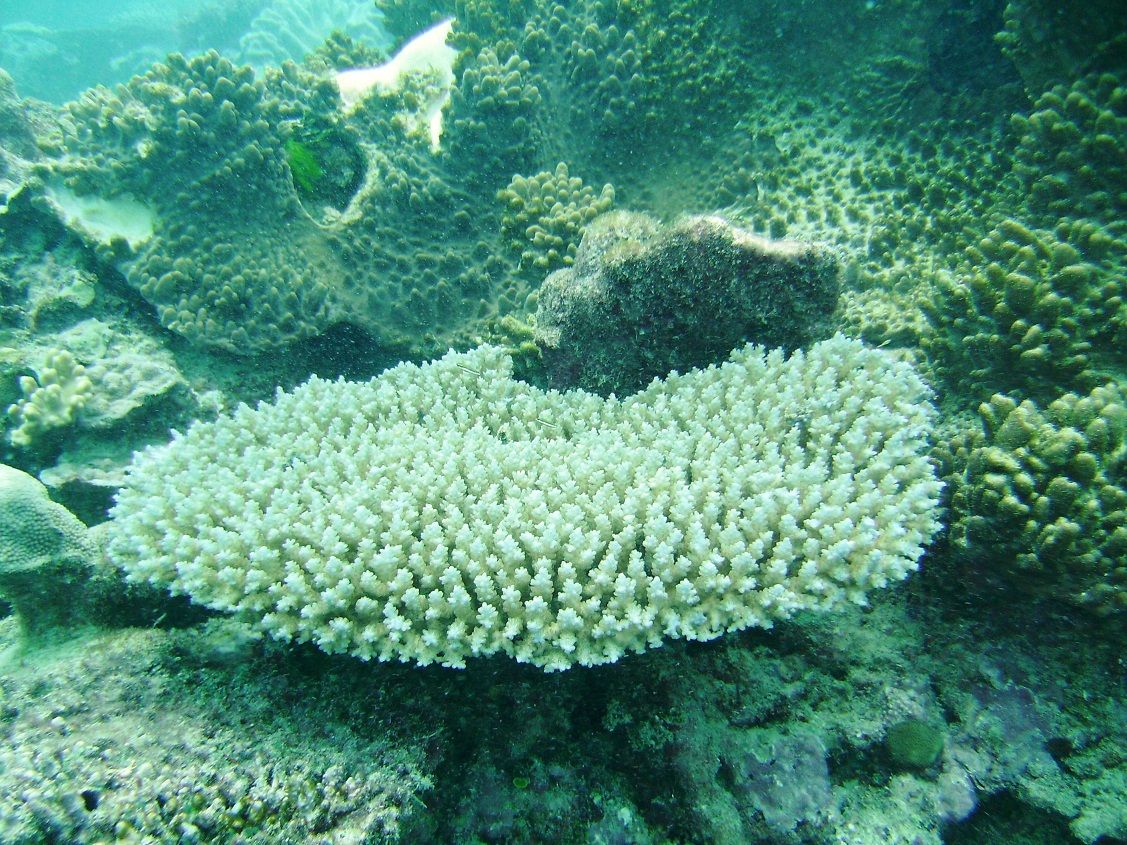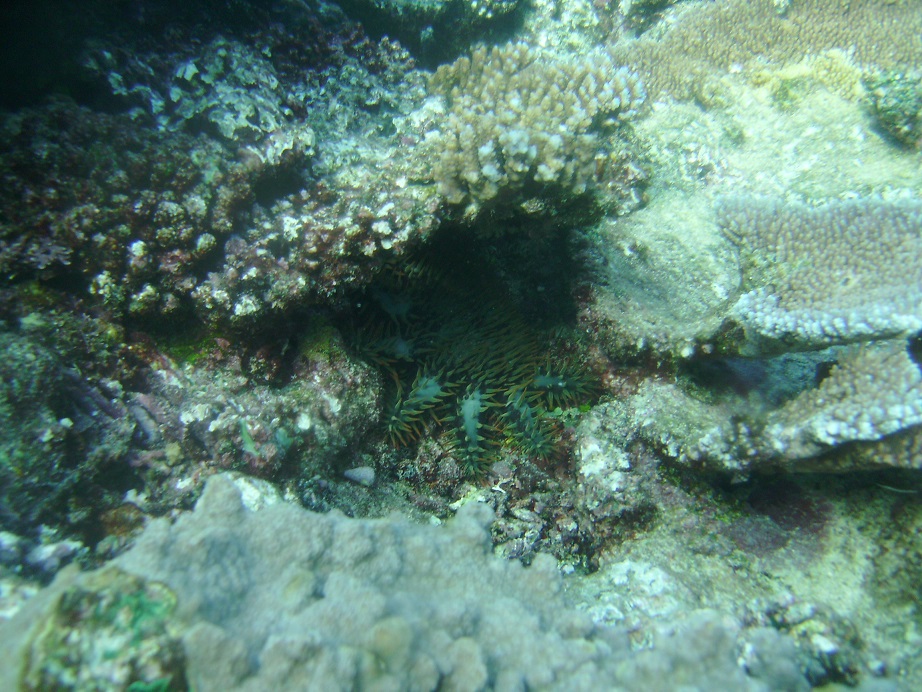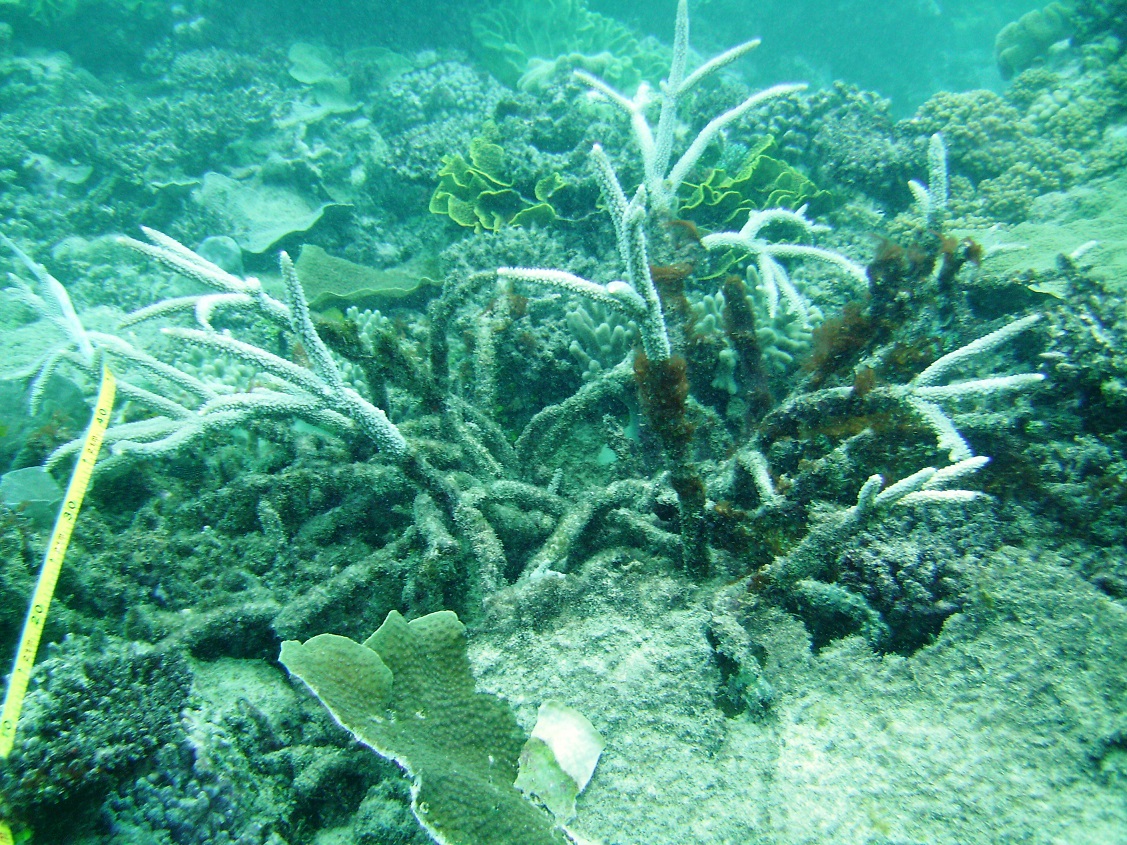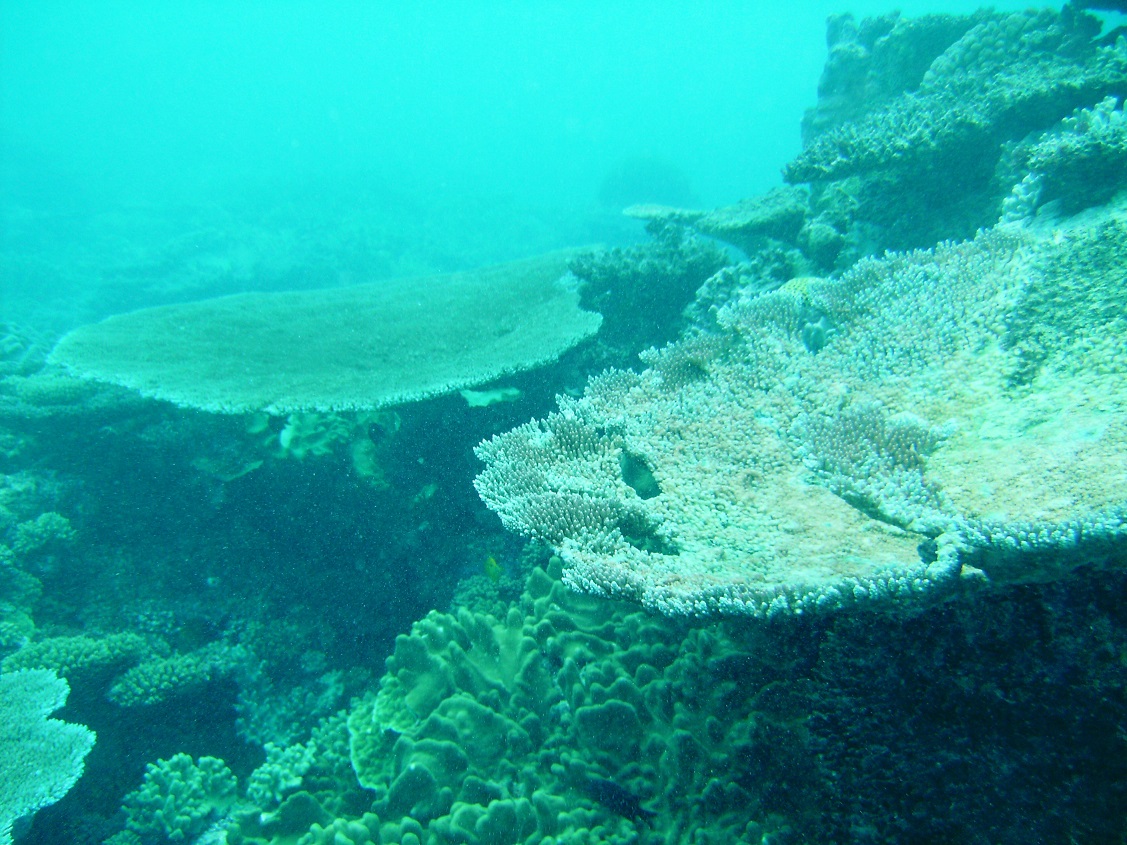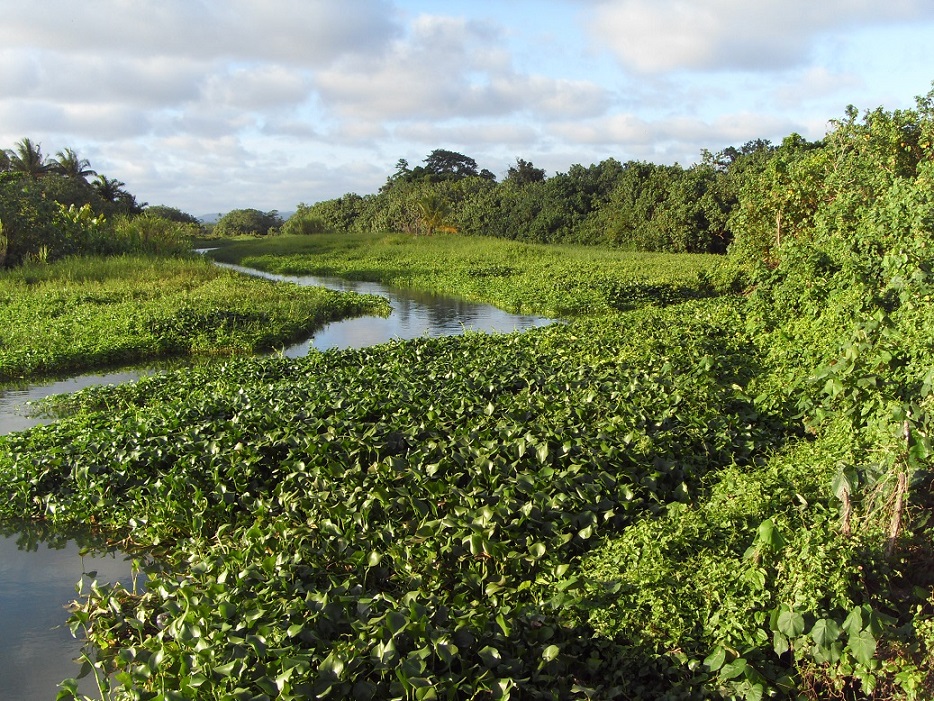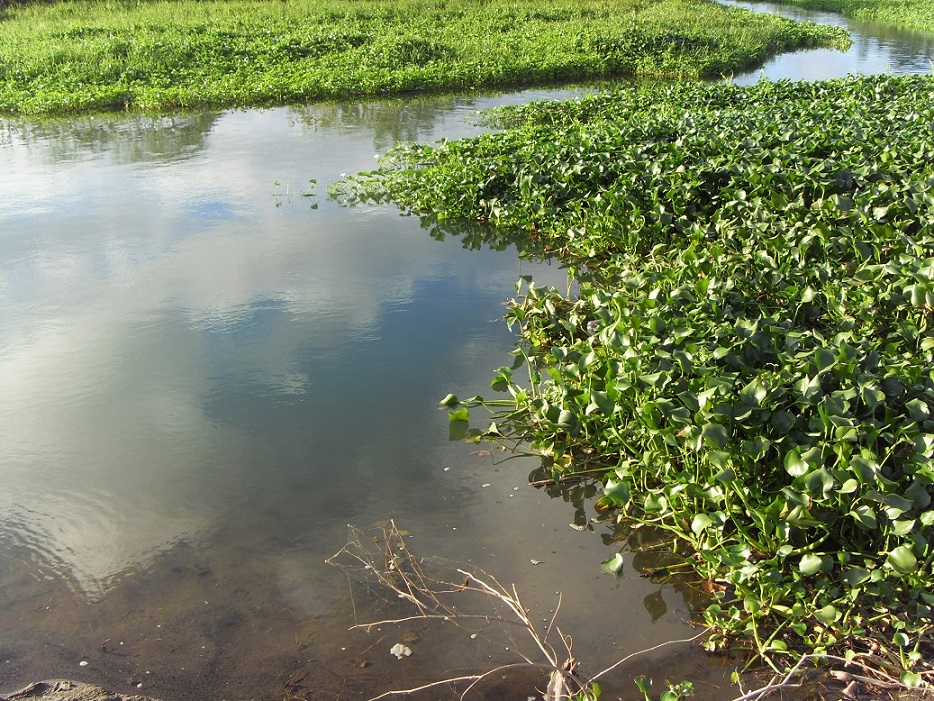A common threat that is currently affecting our Environment is the introduction of Invasive Species. These species of Plants, fungus and animal possessed characteristics that could easily cause damage to our environment and associated area, as health, economic, and others.
Over the years, Biosecurity has been the countries Frontier in collaborations with other relevant departments to compact the intrusion of Invasive Species into the country.
Listed are few of the many Invasive Species that are currently residing in our country Vanuatu:
- Some vines imported during the World War are becoming a major concern for many of the islands. Mile a minute (Mikania micrantha) and American rope (Merremia peltata) are suppressing regrowth of tree forests and can cause loss of wildlife. Biosecurity Vanuatu and the Deptartment of Environmental Protection and Conservation are ensuring that these vines are not transported to newer grounds within Vanuatu and also looking into bio-control methods to control their growth.
- Water hyacinth (Eichornia sp.) is under scrutiny at Biosecurity Vanuatu where consideration in introducing a beetle for biological control. It is effectively invading freshwater streams and lakes.
- Some grass, trees and shrubs are invasive as well and are taking over prime agricultural land. Sensitive grass (Mimosa diplotricha) and African tulip tree (Spathodea campanulata)
- Some introduced animals, as feral pigs are causing trouble for communities in communities as in Port Olry at santo and are damaging natural environment elsewhere. Rats (Rattus spp.) Cause considerable damage to agricultural crops (such as cocoa and coconuts) and can be a threat to local bird population.
- Most threatening is a tiny ant, called the fire ant (Wasmania Auropunctata) that was introduced in the Solomon Islands, it is now present in Vanualava and Motalava at the Banks group.
Native to tropical America this ant gives a horrible sting to people and can cause blindness/death to large animals such as birds.
An eradication campaign needs to be organized before this ant reaches other islands of Vanuatu and becomes an economic burden: gardening can become an extremely painful activity, and plants may also become affected by this ant. - The African snail (Euglandina fulica) has been a pest but has been controlled since the introduction of its natural predator (Euglandina rosea). This snail however has been feeding on other native snails some of which were endemic.
- Another common invasive species is the Indian Mynah Bird (Acridothere tritis). Native to India this bird is highly successful in competing with native birds and taking over their habitat by destroying their eggs and nests. In places where this bird is established other birds are rarely seen.
- Another threat to Vanuatu's biodiversity are Cyclonic Events. Vanuatu usually gets hit by a cyclone during the wet season from November to April. According to past experiences, some of these cyclones were very devastating to the natural environment therefore has also contributed to the reduction in the population of many species.

